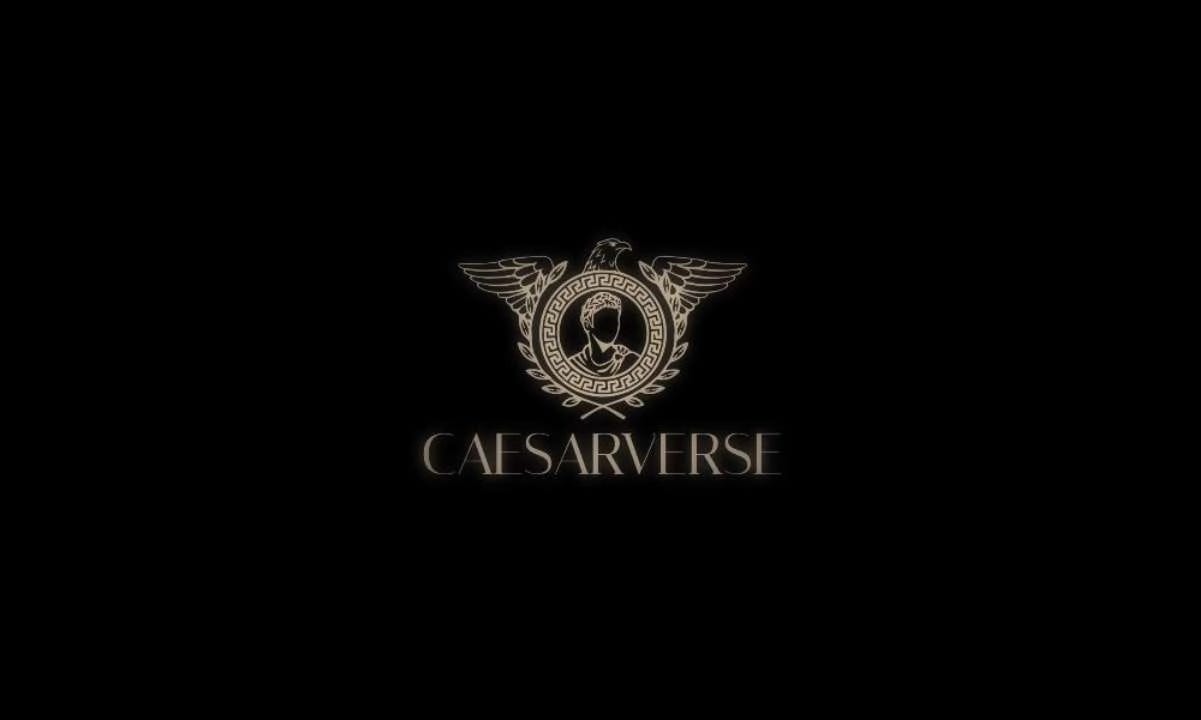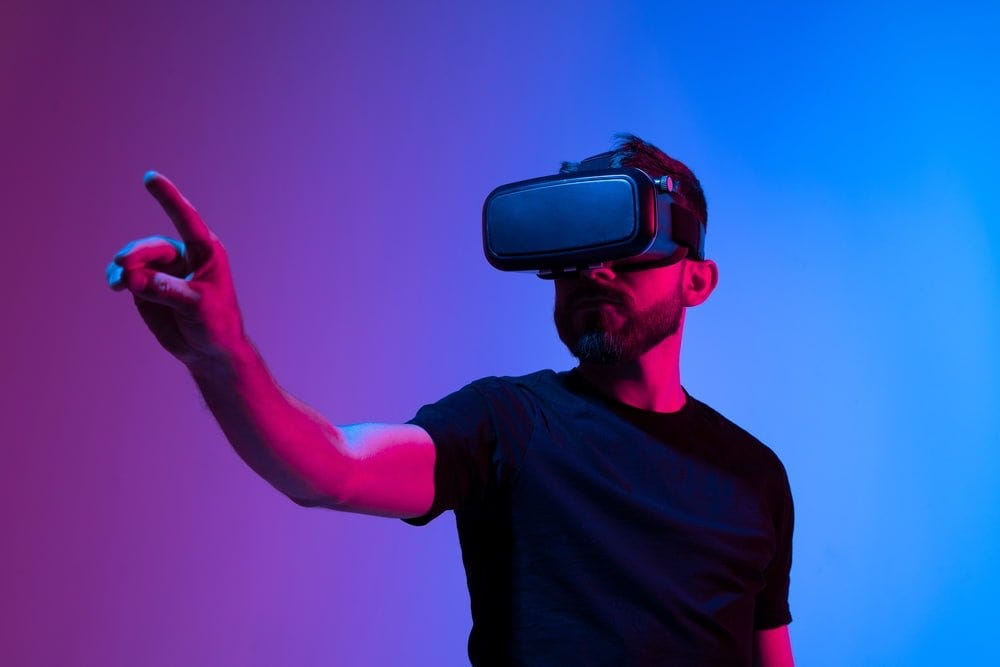Ed3 Weekly Issue #33: Got Skills?
Hello educator and web3 frens,
The web3 ecosystem has continued to grow which has increased the demand for future-ready skills. This isn’t just the relevant hard skills to build on the blockchain, code decentralized apps, or design artificial intelligence generators either. There are a number of soft skills that companies and builders are looking for as they hire more people in this space.
This demand connects to a broader shift in the interest in new job skills across markets. A recent report by BCG, The Burning Glass Institute, and Emsi Burning Glass has identified that one-third of the top 20 skills requested in postings for the average US job has changed since 2016.
This week I am sharing some platforms that are helping to foster these new skills. An interesting twist to this adoption is that the facilitation of these new skills is happening directly in the web3 ecosystem. This could create a “chicken-and-the-egg” effect where people need to learn web3 to move ahead, but the place to learn web3 is already on web3.
My primary purpose for curating the resources in this newsletter is to encourage educators to begin incorporating learning into their instruction that provides students with opportunities to interact with web3. A diversity of industries will interact with the blockchain, the metaverse, and AR/VR. These include fashion, sport, lifestyle, entertainment, art, design, and gaming.
The demand for job-ready skills in these industries will be increasing as we move closer to the “plateau of productivity” in the Gartner Hype Cycle. We can prepare young people for this emerging job market by giving them opportunities to use web3 tools in our schools. Here are some platforms and companies that are already implementing ways to engage with this upskilling process.
🧑💼 Announcement on how Sotheby’s creates the “The Metaversity for Creative Business Leaders”
👾 Summary of how a company utilizes gaming as a pathway for real-world education and history
🛠 The CEOs of Learnoverse and BitDegree announce the launch of a metaverse education project
💻 Fast Company explains the necessity for execution in the metaverse space for it to succeed
Helping Business Leaders Learn About Web3
Image source: Decentraland
The creative industry is an area that should see tremendous growth over the next 20 years. Sports, fashion, art, and design all appeal to the next generation that will be entering the workforce from high school and college. The Sotheby’s Institute is making a move into this space with this announcement about its web3 education program.
It will be interesting to see how Generation Z and Alpha approach these industry changes. How will their digital, multi-modal, collaborative approaches shape this next iteration of the internet? Programs like this one might be part of influencing that transition.
Using Gaming to Educate
Photo from caesarverse.io
This recent announcement from the gaming platform CaesarVerse is shining a light on a new application for the gaming industry. Gaming has already positioned itself as a leading part of the transition into web3 with the incorporation of NFTs and cryptocurrency. Could they have a role in education as well?
This video game is a combat-style game set in the Roman era. The two founders have a passion for Roman history and have built a historically accurate open-world experience. In addition to the in-game NFT assets, the focus of the game will also be on blending Roman mythology with historical facts.
Educational Programs and Spaces Inside Web3
Image: Finbold Magazine
At MetaExpo Singapore they released an estimate that said there will be a demand for up to 150 million jobs “to bring the metaverse into existence by 2030.” They also estimated that “around 7 million teachers will be required to educate the next generation of people who will create the metaverse.”
This is where platforms like Learnoverse have the potential to have a big impact on this emerging job market. The announcement at the MetaExpo is to “commit to upholding shared ideals such as providing equal-opportunity learning, making education accessible around the globe, and establishing procedures for the responsible accrediting of educational material.”
Executing In the Metaverse
Photo: Greg Rakozy /Unsplash
“Poorly built video game” and “I don’t think it’s a good product. It’s not. It’s not fun, it’s not good.” These are a couple of examples of how the metaverse and metaverse platforms have been described.
But what about the “potential” for the metaverse? This article from Fast Company describes how the metaverse is not different from other forms of emerging tech. It will come down to one thing: execution.
Thank you for stopping by for another issue of my web3🤝education newsletter. If you’re on LinkedIn you can check out a version of this newsletter on my LinkedIn page and give me a follow. You can also link to all my work by checking out my blog or give me a follow on Twitter.








